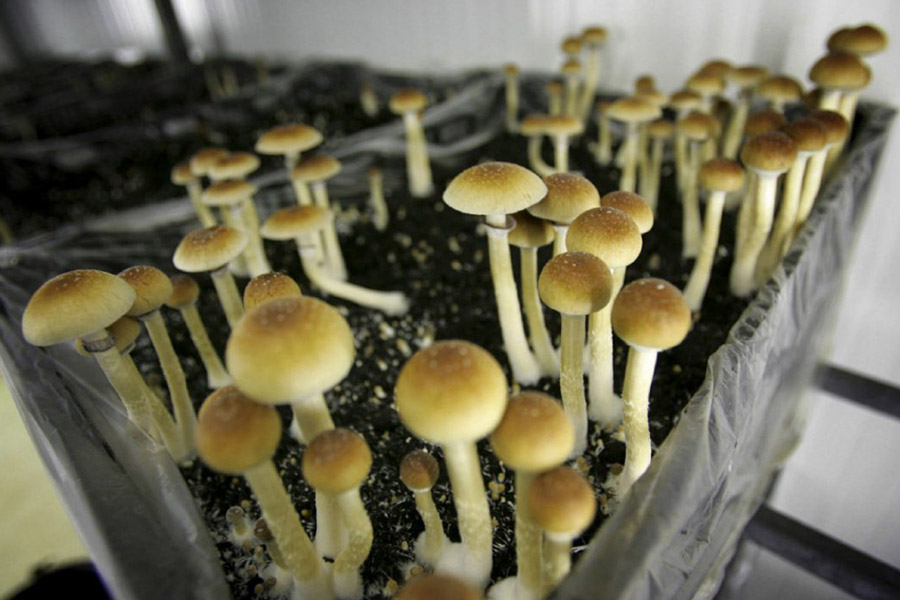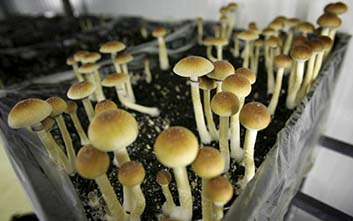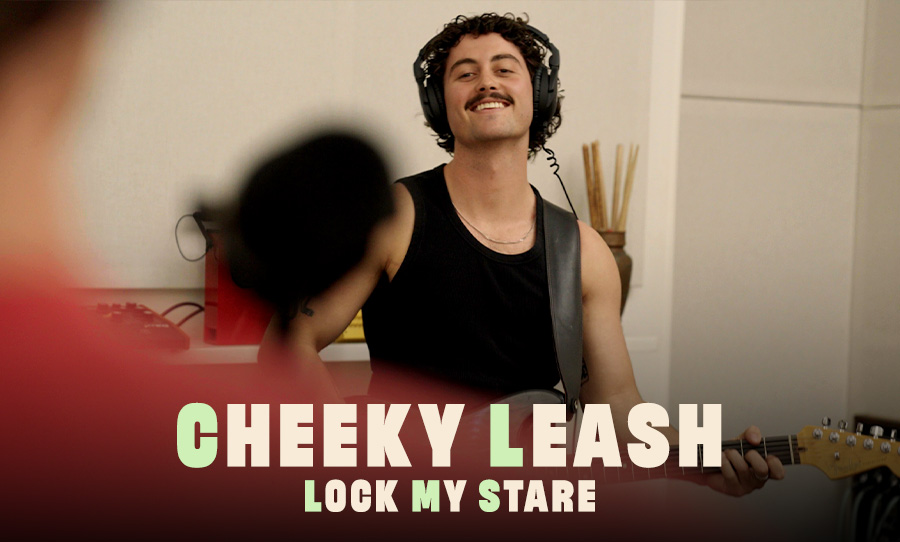It’s something we keep reading over and over again – psychedelic drugs can be extremely effective at treating emotional disorders such as anxiety and depression. And each time we do, the empirical evidence for a serious rethink about policies surrounding these substances grows.

Magic mushrooms are super-effective at treating profound emotional disorders associated with advanced cancer, as suggested by new research.
New research in the Journal of Psychopharmacology covers the effects of psilocybin – the active psychedelic ingredient in magic mushrooms – on forms of mental anguish in cancer patients.
The study revealed that a single dose of psilocybin, paired with psychotherapy, effectively reduces signs of depression, anxiety, and other emotional distress in patients with advanced cancer, while increasing feelings of well-being overall. The study also revealed that these effects lasted for months afterwards.
This new research offers some of the most compelling evidence of the positive ramifications of taking psychedelics on mental health, backing up past suggestions that psilocybin is extremely effective in treating depression, alcoholism and addiction.
Because psilocybin is a banned substance in the USA, the researchers had to acquire special federal waivers to conduct the trials.
“Our results represent the strongest evidence to date of a clinical benefit from psilocybin therapy, with the potential to transform care for patients with cancer-related psychological distress,” noted Stephen Ross, who led the NYU Langone study, in a statement. “If larger clinical trials prove successful, then we could ultimately have available a safe, effective, and inexpensive medication—dispensed under strict control—to alleviate the distress that increases suicide rates among cancer patients.”
During the treatments, half of the patients were given a 0.3 milligrams per kilo dose of psilocybin, and half were given one of two placebos, either a super low dose of psilocybin or the vitamin niacin (which produces a “rush” that mimics a hallucinogenic drug experience).
The researchers chose these particular placebos because if they hadn’t, it would have been glaringly obvious to the participants that they were being duped with a bona fide placebo, such as a sugar pill.
During each session, participants laid on a couch, wore a blindfold, and listened to music. The researchers encouraged the patients to focus their attention on their inner experiences. Follow-up analysis showed that the single-dose treatment of psilocybin produced almost immediate results.
In addition to quelling feelings of despair, anguish, and depression, the drug boosted measures of the quality and meaning of life, the acceptance of death, and optimism. Several patients reported feelings of spirituality, unusual peacefulness, and increased altruism.
Roland Griffiths, who led the Hopkins trial, said the drug offers patients a sense of unity, and a feeling that everything is connected at some level.
“After this kind of experience, people feel that they’ve learned something that’s of deep meaning and value to them,” explained Griffiths to New Scientist. “They attribute changes in how they approach life, interact with people and to their value systems to that experience.”
Read the full journal article here.
[via Gizmodo]



